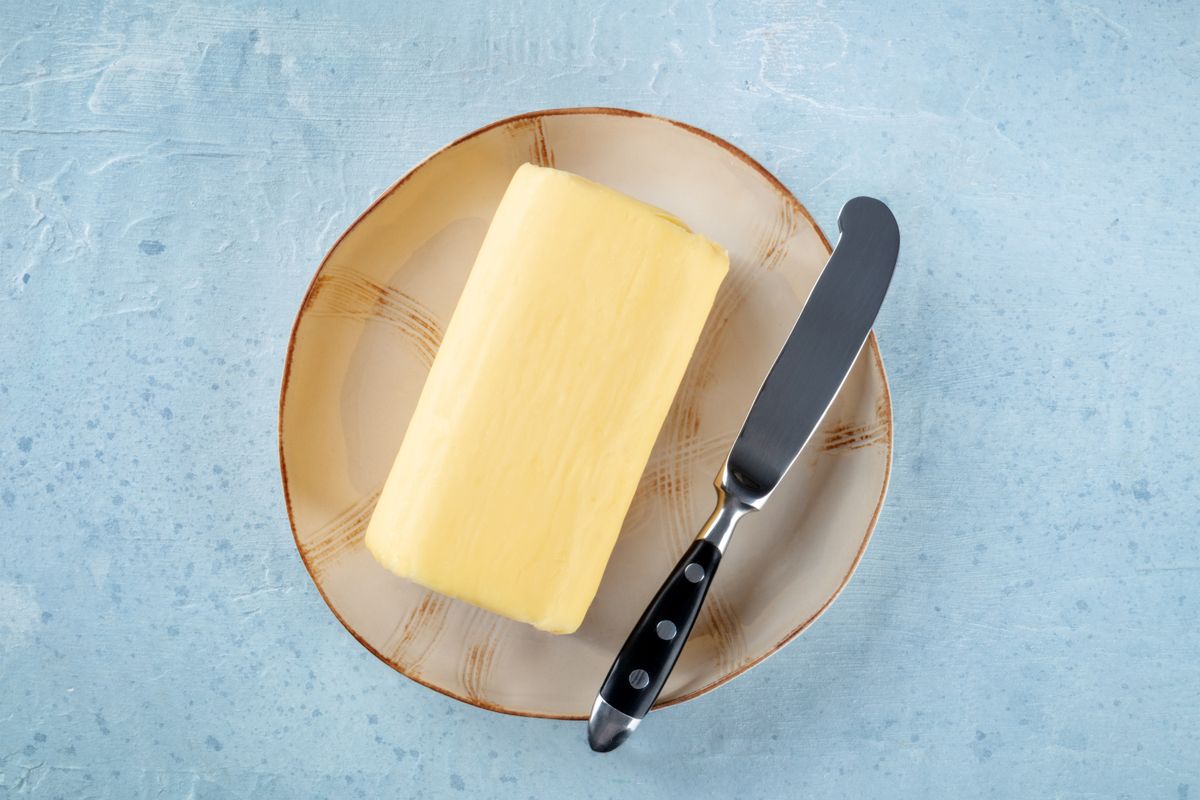We've all encountered this situation before: You discover the perfect recipe, gather all your ingredients, but then realize a crucial element is missing—there's no butter left. Fortunately, there are numerous alternative ingredients that can serve as substitutes for butter in both cooking and baking, resulting in equally delicious (if not better) final outcomes.
Butter serves as the binding agent in many recipes, offering a distinct flavor and enhancing the texture of your favorite dishes. However, it's important to acknowledge that butter isn't always the healthiest option. A single tablespoon of unsalted butter, typically recommended for cooking and baking, contains approximately 100 calories, 11 grams of fat (17% DV), 7 grams of saturated fat, and 30 milligrams of cholesterol (10% DV). Using a butter substitute in certain cases can help reduce the overall fat, calories, and cholesterol content of your dishes. Furthermore, some butter alternatives can provide a significant boost in other nutrients and vitamins.
If you're worried about how using butter substitutes might affect the taste and quality of your recipes, rest assured that you're not alone. I, too, once doubted the efficacy of butter substitutions and was hesitant to stray from the familiar path. It wasn't until college, where I made friends who followed exclusively plant-based diets (and loved hosting dinner parties), that my eyes—and taste buds—were opened to the wonders of creating delicious pies, mouthwatering lemon bars, and even delectable macaroni and cheese without butter. Despite being a meat eater myself, I frequently incorporate these butter substitution techniques into my own cooking to this day.
Whether you're seeking a low-fat option, a vegan alternative, or simply need a readily available substitute, there's a butter replacement that will suit your needs. The key lies in using the appropriate substitution ratio to ensure optimal results in your recipes. We've provided the necessary ratios below for your convenience. Continue reading to discover which butter substitutes will yield the most flavorful cooking results when you're fresh out of butter.
1) Olive Oil:
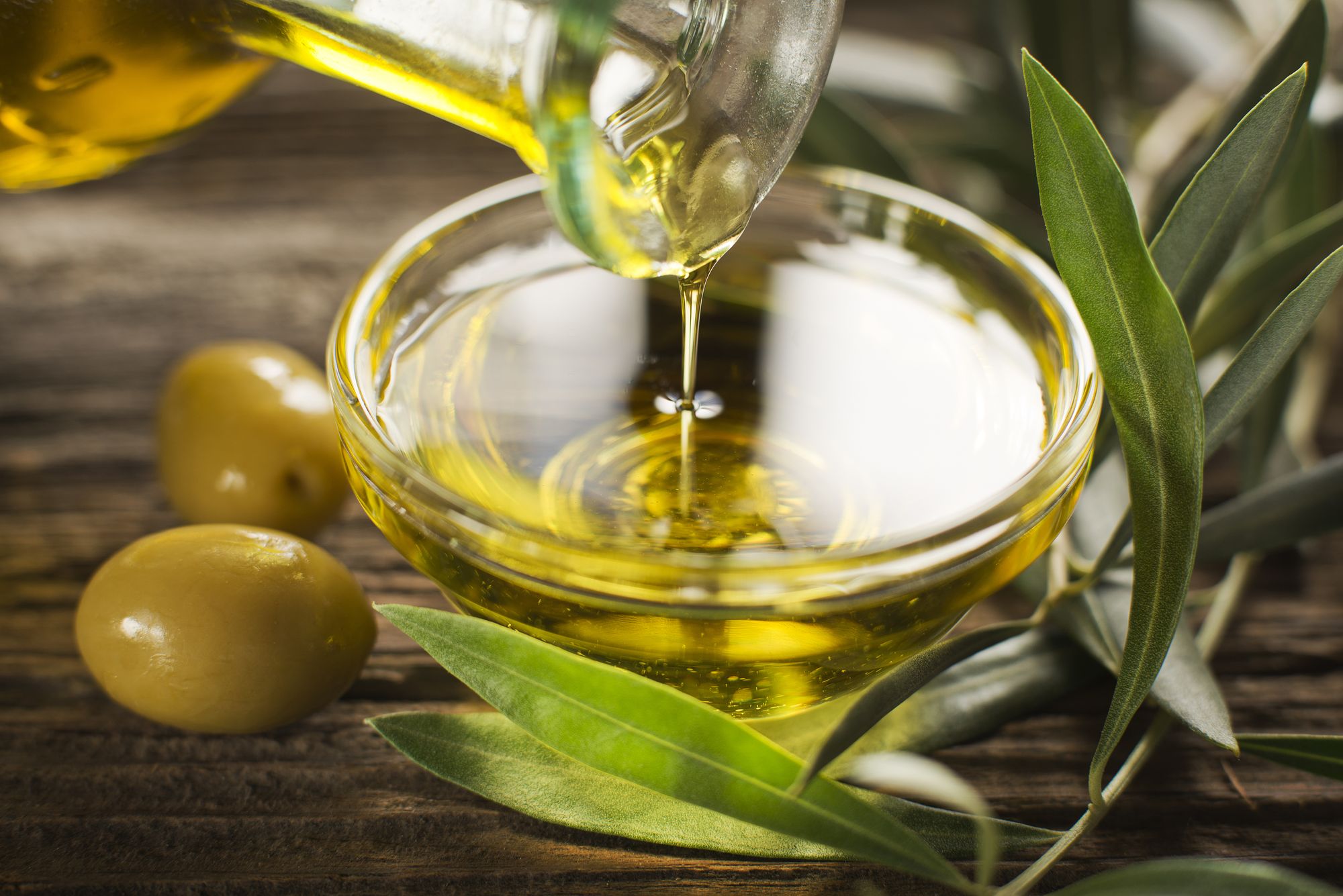
Olive oil, a heart-healthy option, is a versatile substitute for butter. It offers a rich flavor and numerous health benefits. The substitution ratio for olive oil is 3:4, meaning you can use 3/4 cup of olive oil for every 1 cup of butter. Additionally, olive oil has a calorie difference of 20 calories less per tablespoon compared to butter.
2) Coconut Oil:
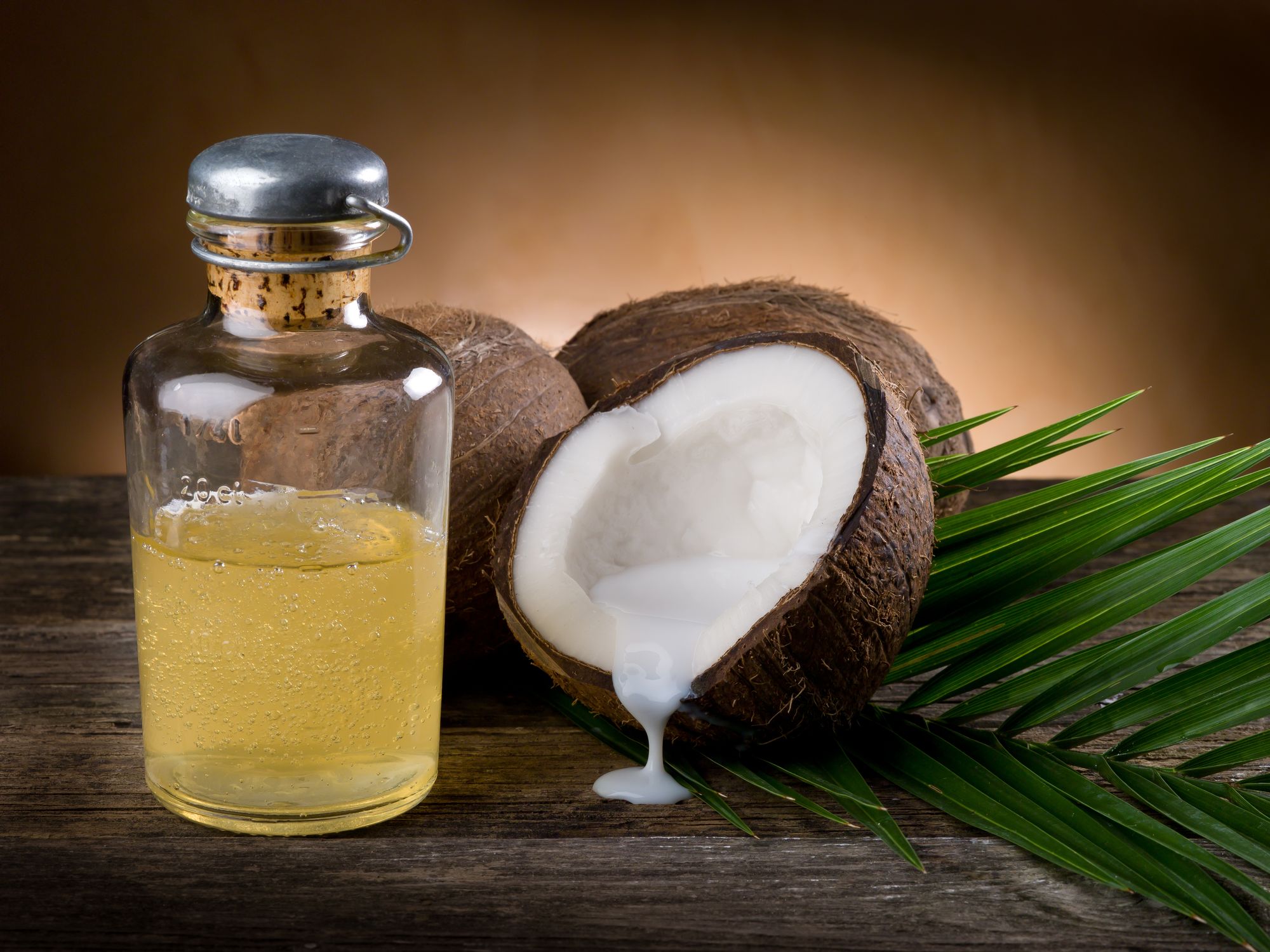
Coconut oil is a delicious alternative to butter, particularly in recipes that benefit from its tropical flavor. It works wonders in baking, imparting moistness and tenderness to your creations. Use a 1:1 substitution ratio, as coconut oil can be swapped for butter in equal amounts. It has a slight calorie difference, with 4 calories less per tablespoon compared to butter.
3) Applesauce:
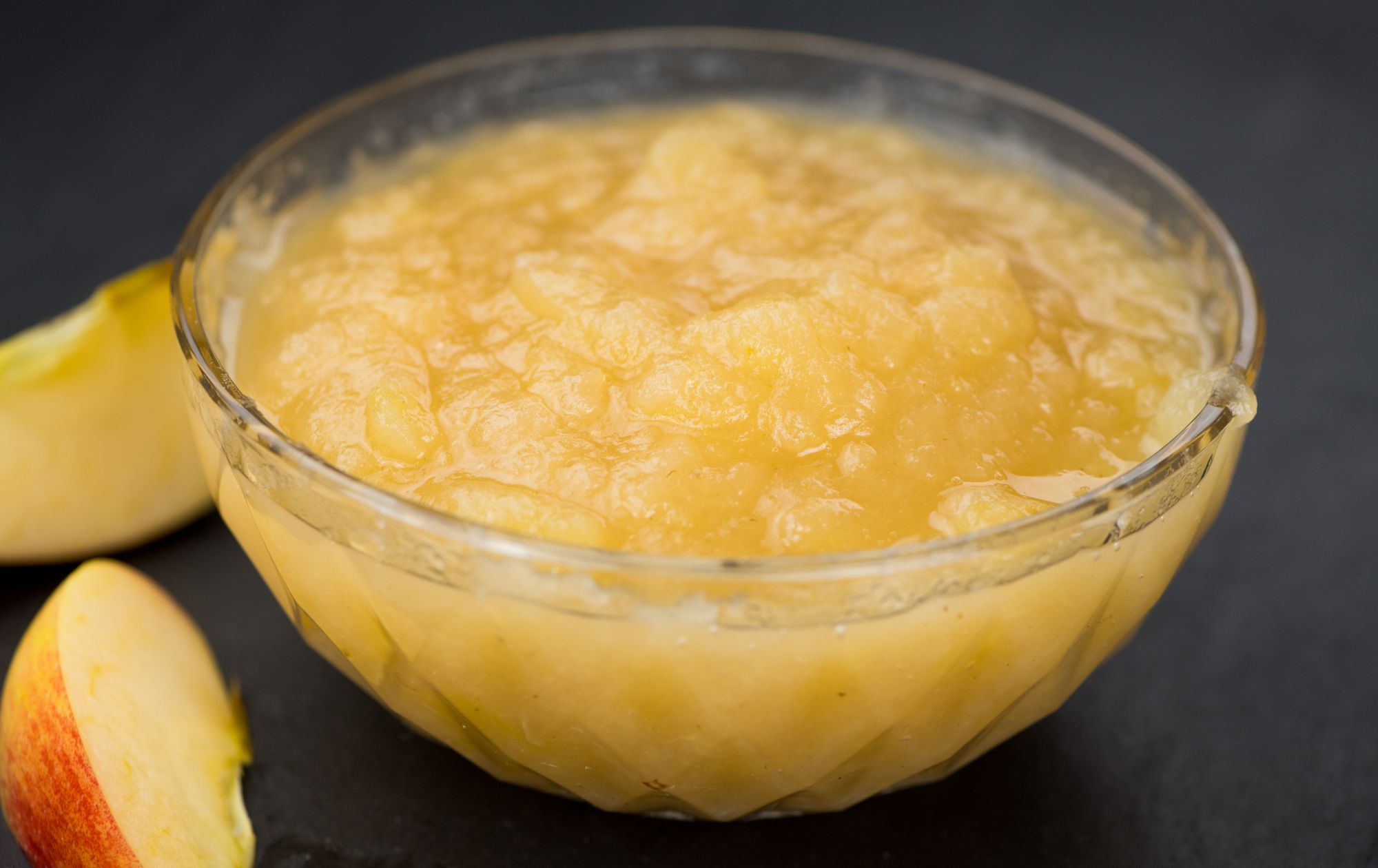
Applesauce is a low-fat and healthy substitute for butter that adds moisture to your baked goods while keeping them light. It excels in recipes like muffins, cakes, and quick breads. When using applesauce as a substitute, employ a 1:1 substitution ratio. Keep in mind that applesauce has a significant calorie difference of 91 calories less per 1/4 cup compared to butter.
4) Avocado:
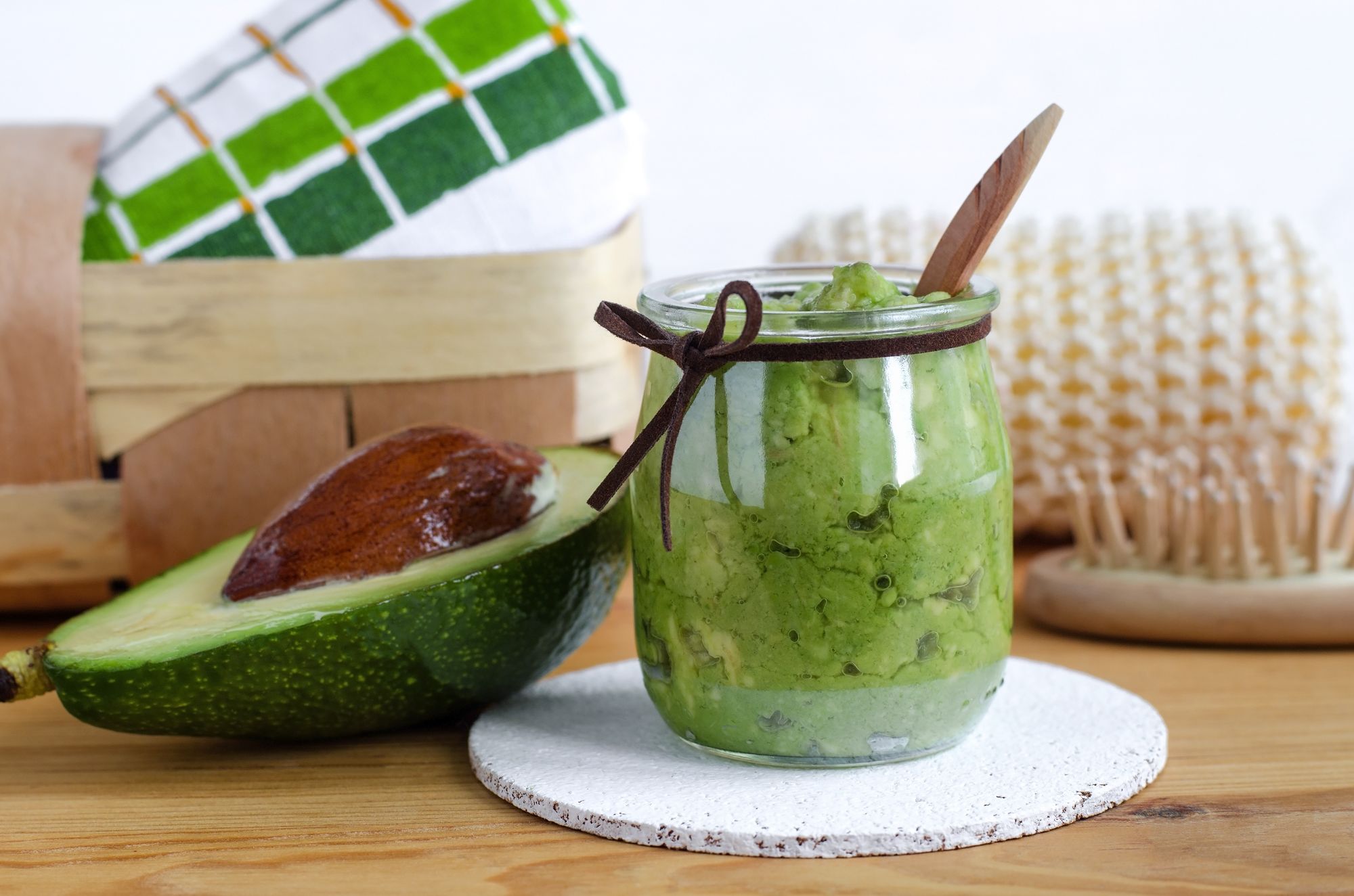
Avocado, with its creamy texture and healthy fats, can be a fantastic butter substitute in both sweet and savory dishes. It works exceptionally well in recipes such as brownies, chocolate mousse, or creamy pasta sauces. Use a 1:1 substitution ratio, replacing butter with an equal amount of mashed avocado. Avocado has a calorie difference of less than 60 calories per tablespoon compared to butter.
5) Mashed Bananas:
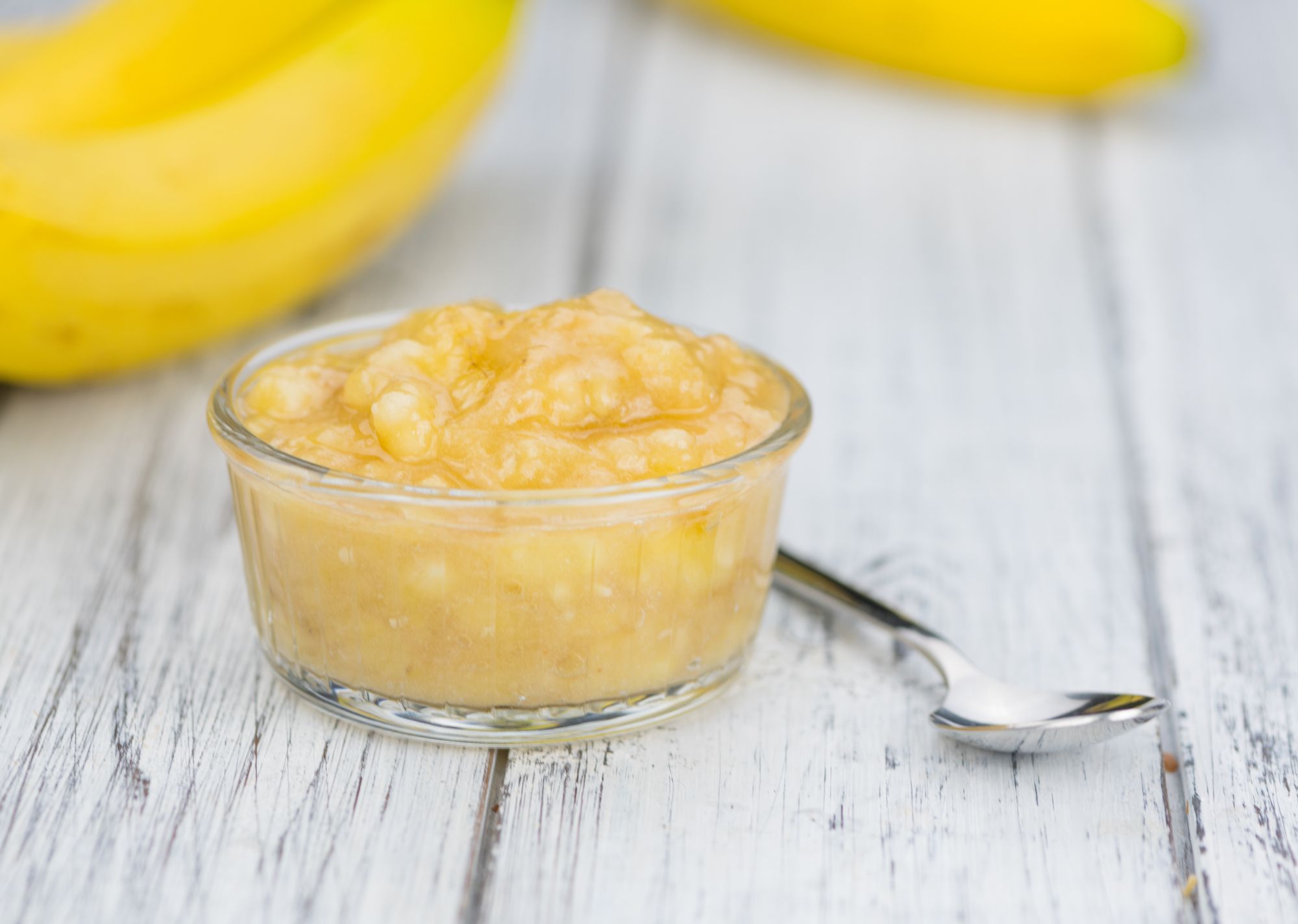
Mashed bananas are a natural and nutritious replacement for butter, especially in recipes with a sweet profile. They add moisture, sweetness, and a subtle banana flavor to baked goods like pancakes, bread, and muffins. Employ a 1:1 substitution ratio, swapping butter with an equal amount of mashed bananas. Mashed bananas have a calorie difference of 87.5 calories less per 1/4 cup compared to butter.
6) Vegetable Oil:
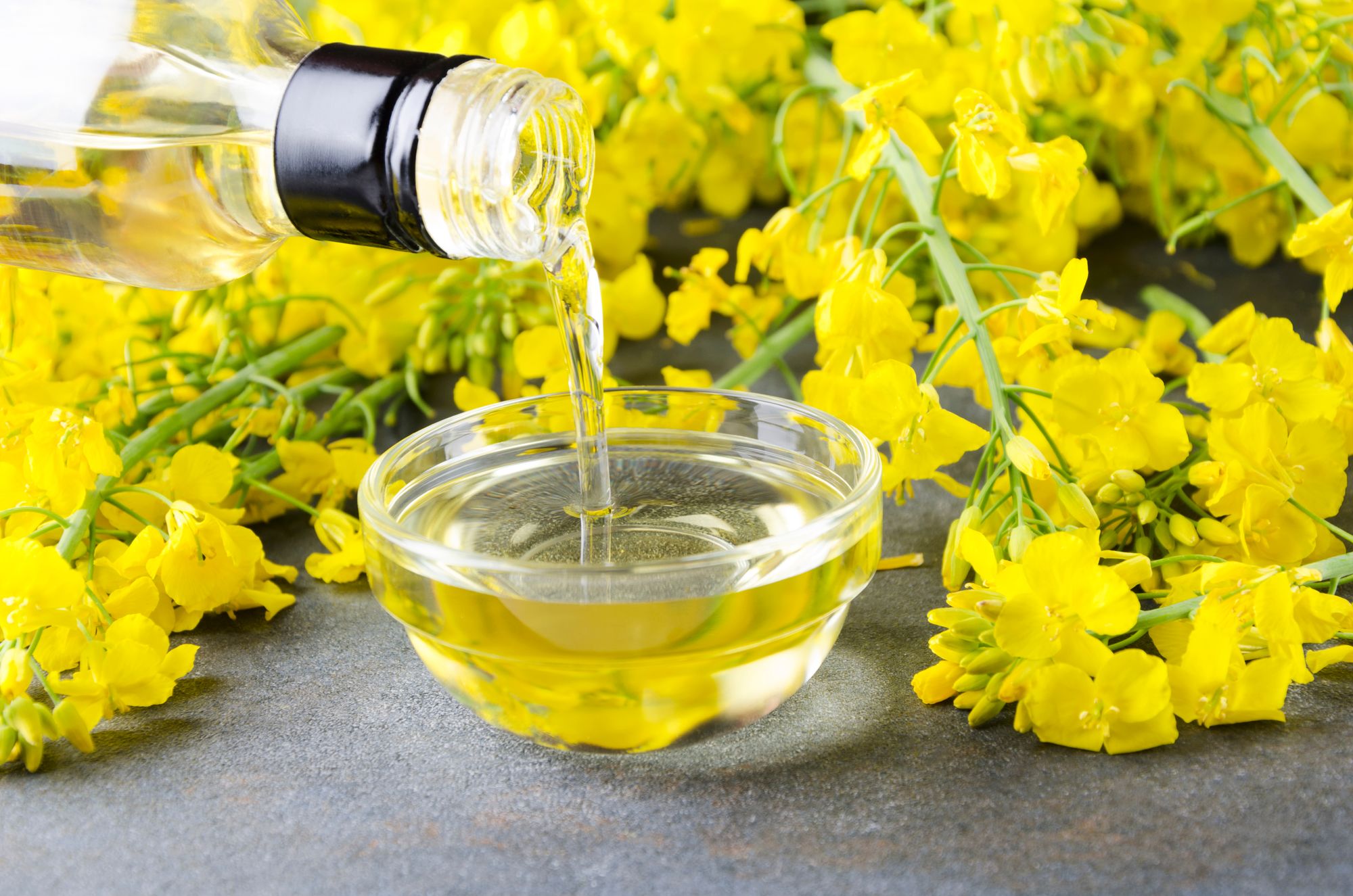
Vegetable oil is a common pantry staple that can serve as a straightforward substitute for butter in many recipes. However, it lacks the same flavor and texture as butter. For a 1:1 substitution, use the same amount of vegetable oil as the specified quantity of butter in the recipe. Vegetable oil has a calorie difference of 24 calories less per tablespoon compared to butter.
7) Greek Yogurt:
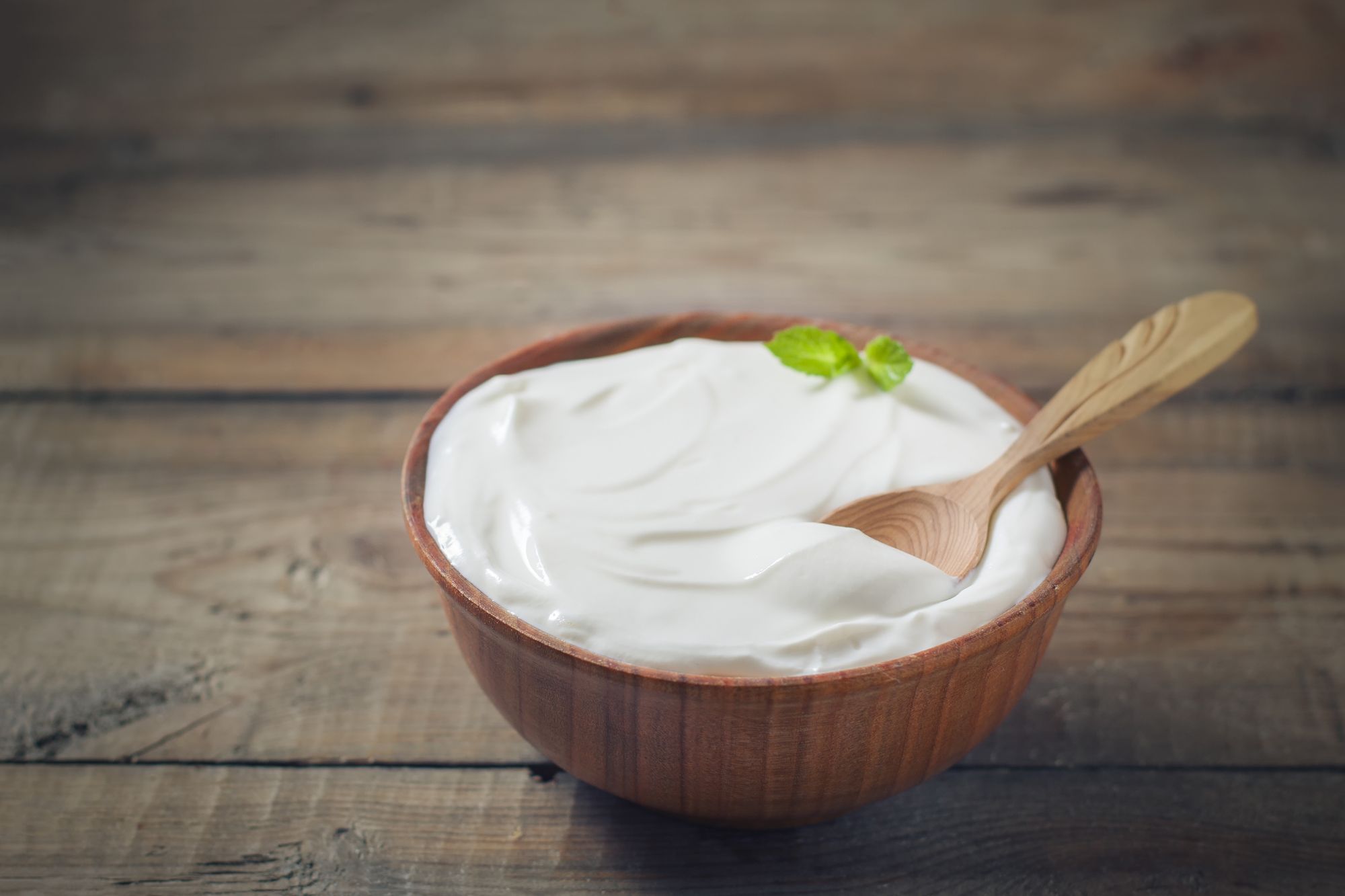
Greek yogurt is a healthy and tangy alternative to butter, particularly in baking recipes that benefit from its moist and tenderizing properties. It works well in cakes, muffins, and quick breads. Use a 1:1 substitution ratio, replacing butter with an equal amount of Greek yogurt. Greek yogurt has a calorie difference of 87 calories less per 1/4 cup compared to butter.
8) Peanut Butter:
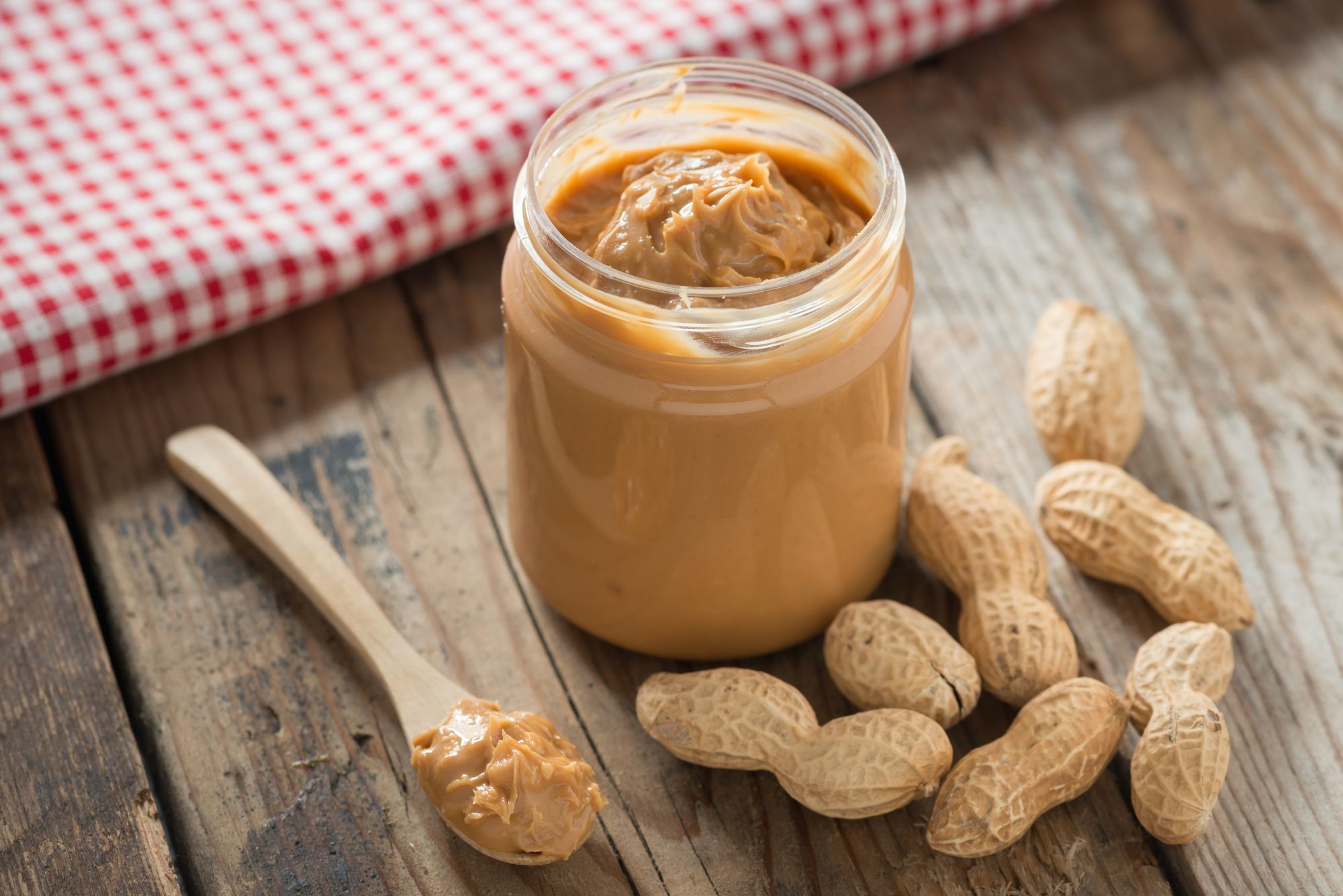
Peanut butter can add a rich and nutty flavor to your baked goods while serving as a suitable substitute for butter. It works best in recipes like cookies and bars. Utilize a 1:1 substitution ratio, replacing butter with an equal amount of peanut butter. Peanut butter has a calorie difference of 4.5 calories less per tablespoon compared to butter.
9) Buttermilk:
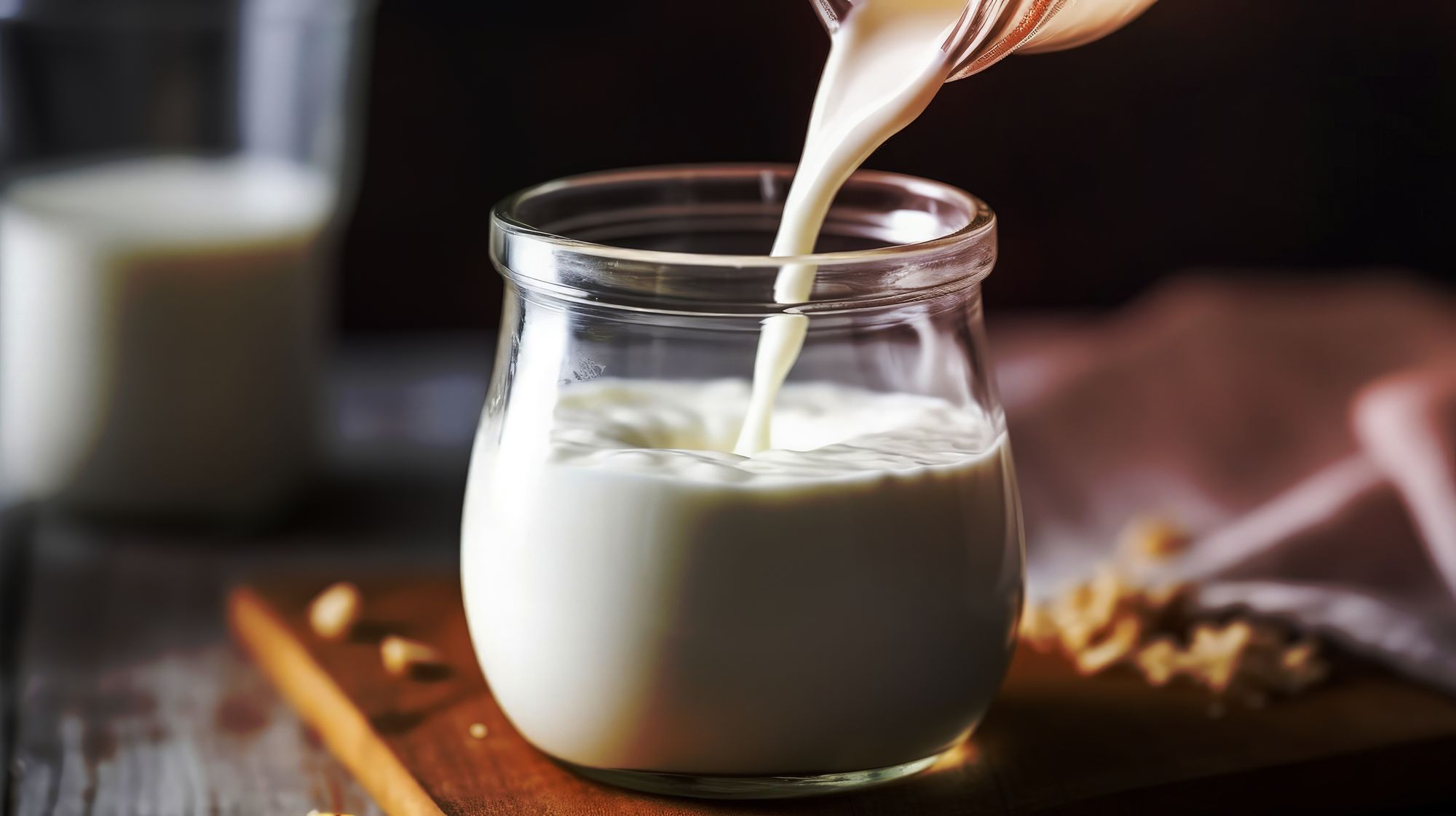
Buttermilk, with its tangy and acidic nature, can enhance the flavor and texture of various recipes, including biscuits, pancakes, and cakes. Use a 1:1 substitution ratio, replacing butter with an equal amount of buttermilk. Buttermilk has a calorie difference of 94 calories less per 1/4 cup compared to butter.
10) Silken Tofu:
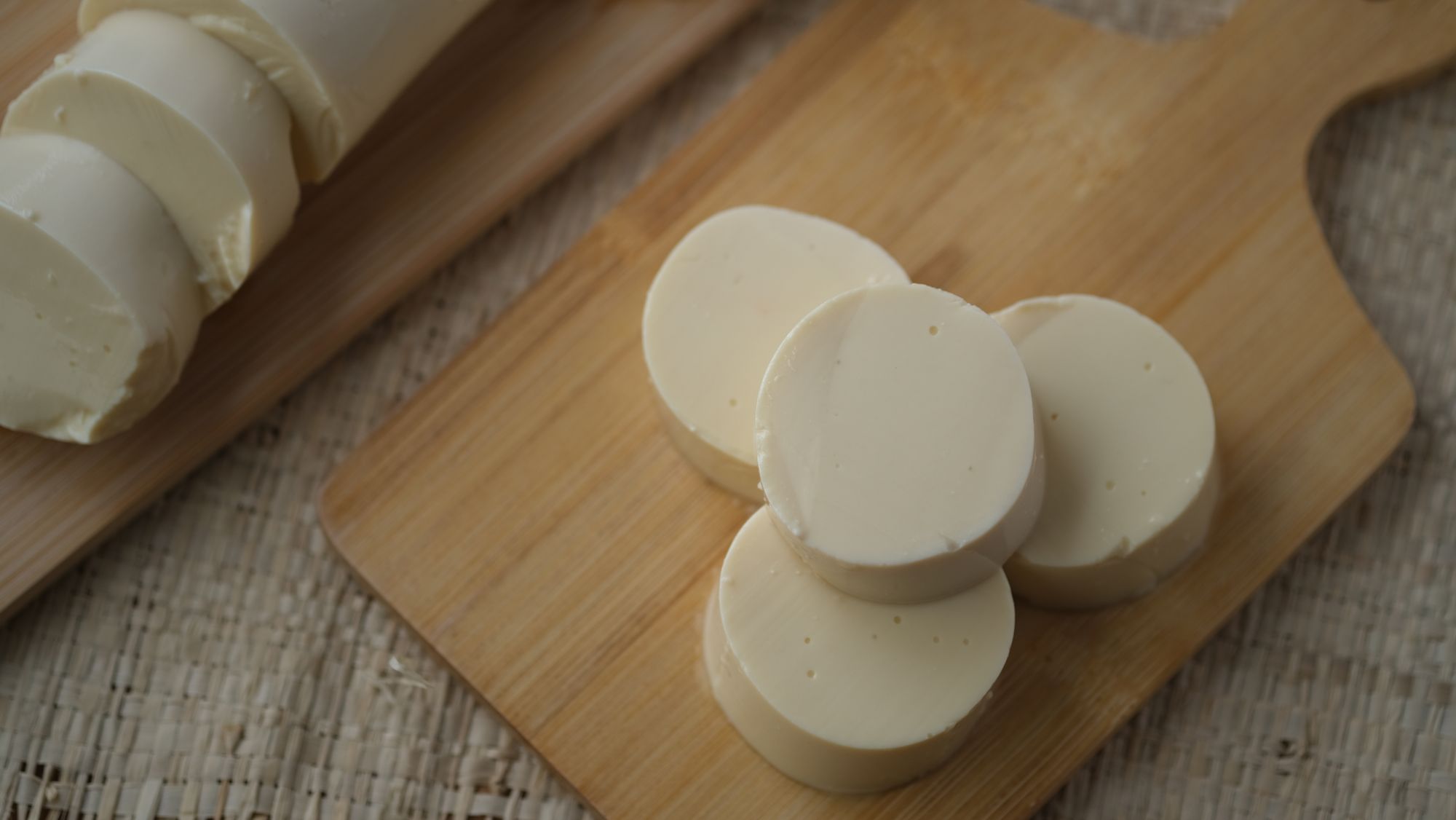
Silken tofu is a popular choice for vegan or dairy-free butter substitutes. It adds moisture and a soft texture to baked goods like brownies, cookies, and pies. Use a 1:1 substitution ratio, replacing butter with an equal amount of pureed silken tofu. Silken tofu has a calorie difference of 76 calories less per 1/4 cup compared to butter.

